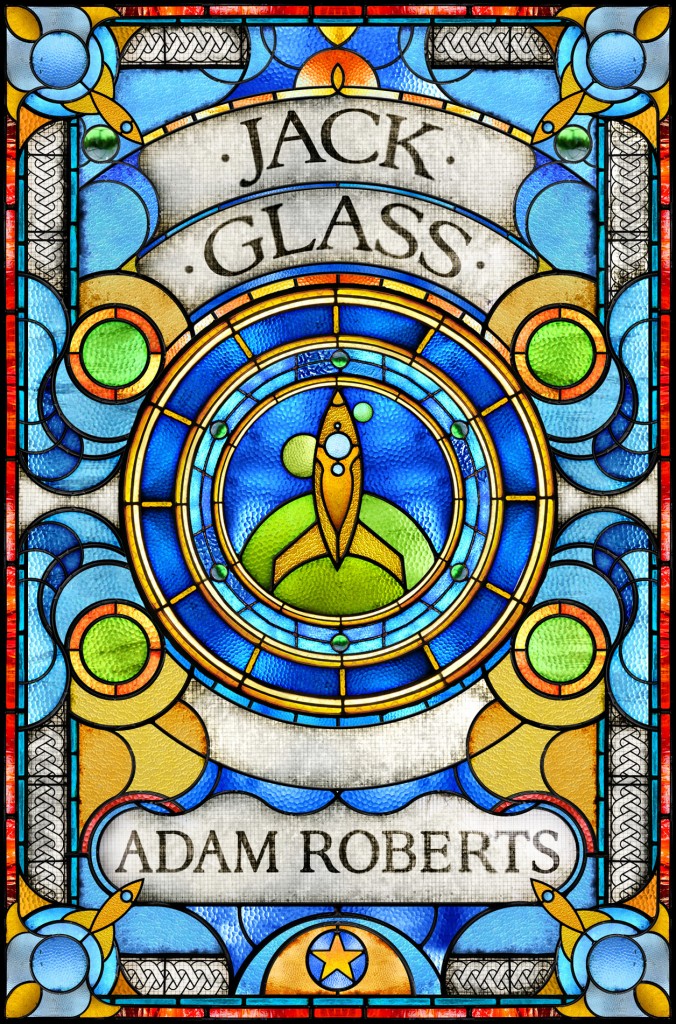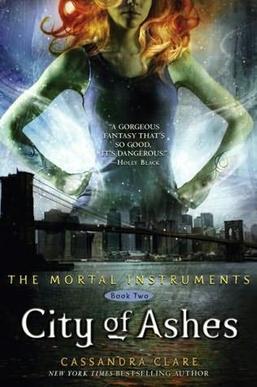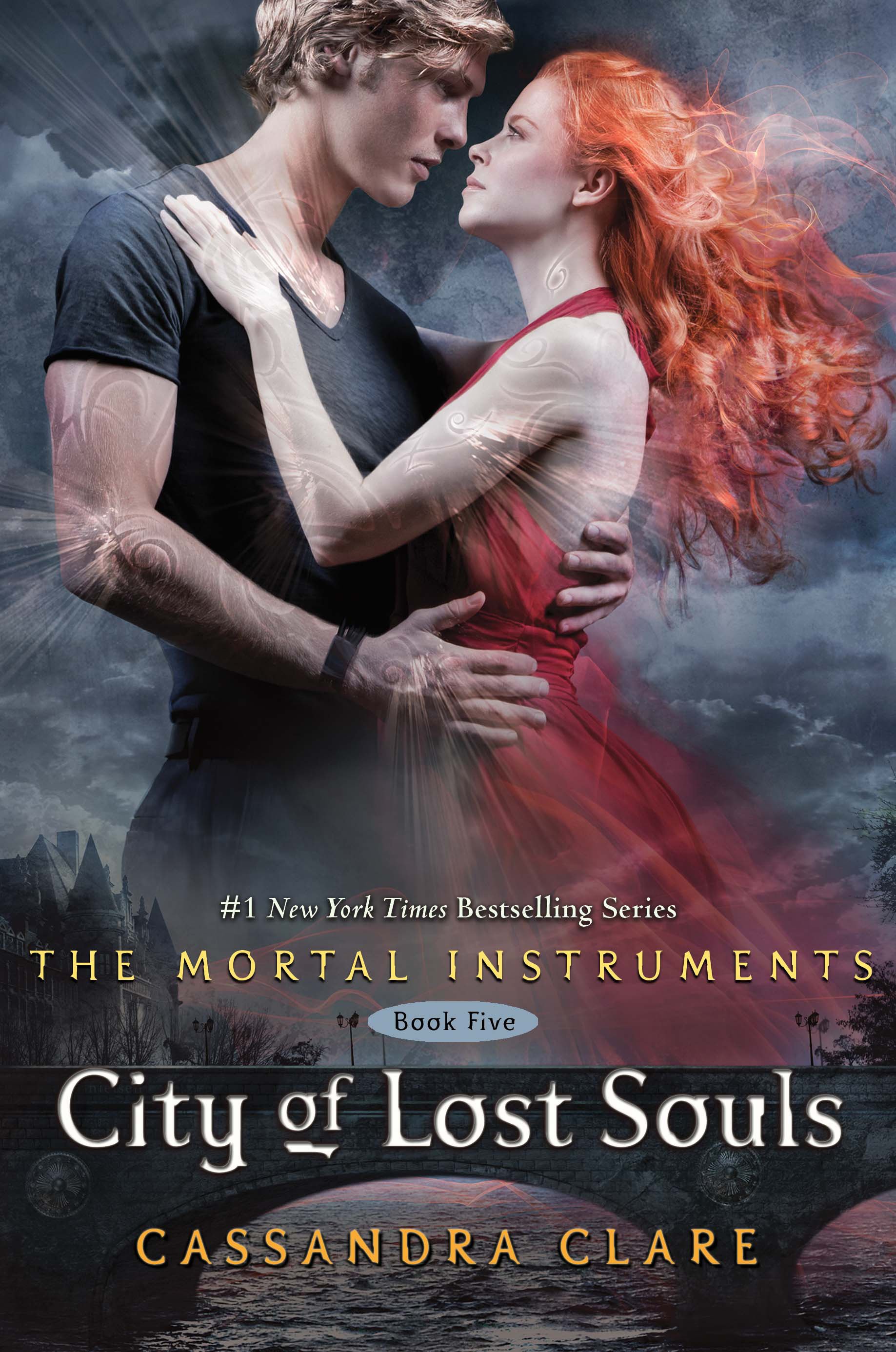This is a whodunit. Only you know exactly whodunit at the outset; all that is left to find out is how they dun it and why. And what they dun. We are told at the outset that there will be three mysteries: a prison break, a locked-room mystery and a conventional whodunit. In each case, the perpetrator is Jack Glass, the solar system's greatest criminal mastermind, a vicious murderer but surprisingly nice guy.
 The action is set in a world a thousand years in the future, when the human population has swelled to fill the solar system with Perspex bubbles, where people live in zero gravity and eat 'gunk', some sort of fungus which presumably doesn't taste very nice. The descriptions of the effects of zero gravity on the human body and the prevalence of skin cancers create a sense of an alien but believable environment. In the novel, only the super-rich can afford the experience of gravity, because they are the only ones who have access to the Earth.
The action is set in a world a thousand years in the future, when the human population has swelled to fill the solar system with Perspex bubbles, where people live in zero gravity and eat 'gunk', some sort of fungus which presumably doesn't taste very nice. The descriptions of the effects of zero gravity on the human body and the prevalence of skin cancers create a sense of an alien but believable environment. In the novel, only the super-rich can afford the experience of gravity, because they are the only ones who have access to the Earth. This book is a genre experiment in two ways: on the one hand, the juxtaposition of different types of murder mystery makes the overall text a reflection on the genre. On the other hand, the author's intent, which is stated in the prefatory material, is to fuse elements of golden age detective fiction with golden age science fiction. To some extent, he is successful: there are moments when intricacies of the mystery plot hinge on the realities of the science fiction universe. Problems which have a simple solution when presented directly become more complicated when filtered through the gaze of characters who are unfamiliar with the tendency of dust to settle on surfaces, because they perceive gravity as something which you do on holiday, but you wouldn't want to live with.
However, sometimes the focus on genre games seems like an attempt to distract the reader from the fact that the stories themselves are kind of boring. Of the three mysteries, the first is by far the most striking, the weirdest, and the most morbidly satisfying in its solution. In it, Jack Glass must escape from an asteroid prison thousands of miles from anywhere else, with no spaceship, and no tools except a 'window' the size of a coin and some shards of glass. The following two are to some extent let down because the first is too hard an act to follow. The characters are also not entirely lifelike. Part II features the genetically manufactured MO-sisters Diana and Eva, each with their particular restrictive set of skills: Eva studies supernovae, and Diana solves virtual mysteries. The slight uncanniness of the sisters combined with Diana's tendency to exclaim 'no wavy-way!' makes it believable that they are from the future, and moves the plotline along nicely. However, it is not as easy to relate to them as to the Jack Glass of Part I. In Part III, Diana falls on hard times and must flee into the rebellious underworld of 'the sump', the thousands of bubbles full of poor people floating around the sun. Her character sort of develops, but if anything the loss of her slightly fluffy personality combined with her tendency to solve problems by sleeping leaves a somewhat depressed young woman who is not entirely believable.
On the other hand, the representation of life in the solar system of the future is very believable, if somewhat chilling. Roberts imagines a future where space and food have become abundant, but the gap between the rich and the poor has become even more pronounced. His construction of the power relations within this universe is engaging, interesting, and highly politicised.
Overall, this is an engaging and interesting novel, which does innovative things with the genres employed. However, the author's strength definitely lies in the exploration of power structures rather than the development of individual characters. A thought-provoking read.





